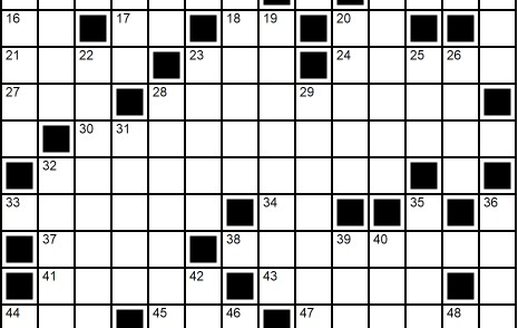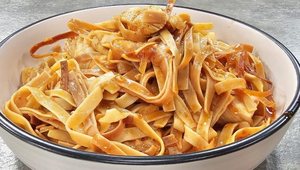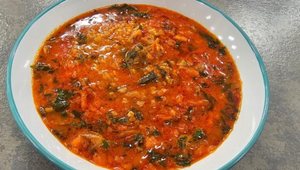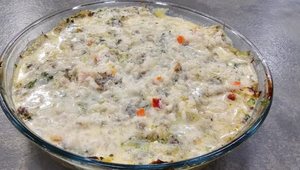
Worse than sugar! These food ingredients increase your hunger and hinder weight loss


A widely used sweetener found in low-calorie sodas and ketchup may trick your brain into making you eat more, a new study suggests.
Scientists at the University of Southern California have discovered that consuming a common, calorie-free sweetener increases activity in the brain's "hunger centers."
They explain that this confuses the brain, as it causes it to expect extra calories that never arrive.
This discrepancy may trigger cravings for additional food, the researchers suggest.
Experts conducted an experiment with 75 participants and found that this effect was more pronounced in obese individuals.
Their findings have broad implications, given how many people consume "diet" or "sugar-free" products in an attempt to lose weight or maintain their weight.
Dr. Kathleen Alana Page, a hormone and diabetes expert and author of the study, explains that the sweetener creates a "mismatch" in the brain.
“If your body expects a calorie because of the sweet taste but doesn't get it, it can change how the brain starts to crave those substances over time,” she said.
In their study, published in the journal Nature Metabolism, scientists tested how 75 participants reacted to three different drinks, consumed on different occasions.
One drink was plain water, another contained the artificial sweetener sucralose, while the third was sweetened with sugar.
Each participant underwent a magnetic resonance imaging (MRI) brain scan, provided blood samples, and completed a hunger study before and after each drink.
The scan results showed that participants had increased activity in the hypothalamus after consuming the sucralose drink.
The hypothalamus is the part of the brain that controls basic bodily processes, such as body temperature, fatigue, and, most importantly, hunger.
The scans also showed that sucralose strengthened the connection between the hypothalamus and other parts of the brain associated with motivation and decision-making.
These effects were particularly pronounced in obese individuals.
Dr. Page stated that these findings suggest that the sweetener may affect food cravings and eating patterns.
The blood test results revealed another way in which sucralose may stimulate food cravings.
When participants drank a solution with real sugar, scientists observed that the body produced hormones associated with reducing appetite.
However, these hormones were not present when participants consumed sucralose, according to the Daily Mail.

Rama-Meta, si aleanca e 1 Prillit zhbëhu Shqipërinë
ideas



top
Alfa recipes
TRENDING 
services
- POLICE129
- STREET POLICE126
- AMBULANCE112
- FIREFIGHTER128
























